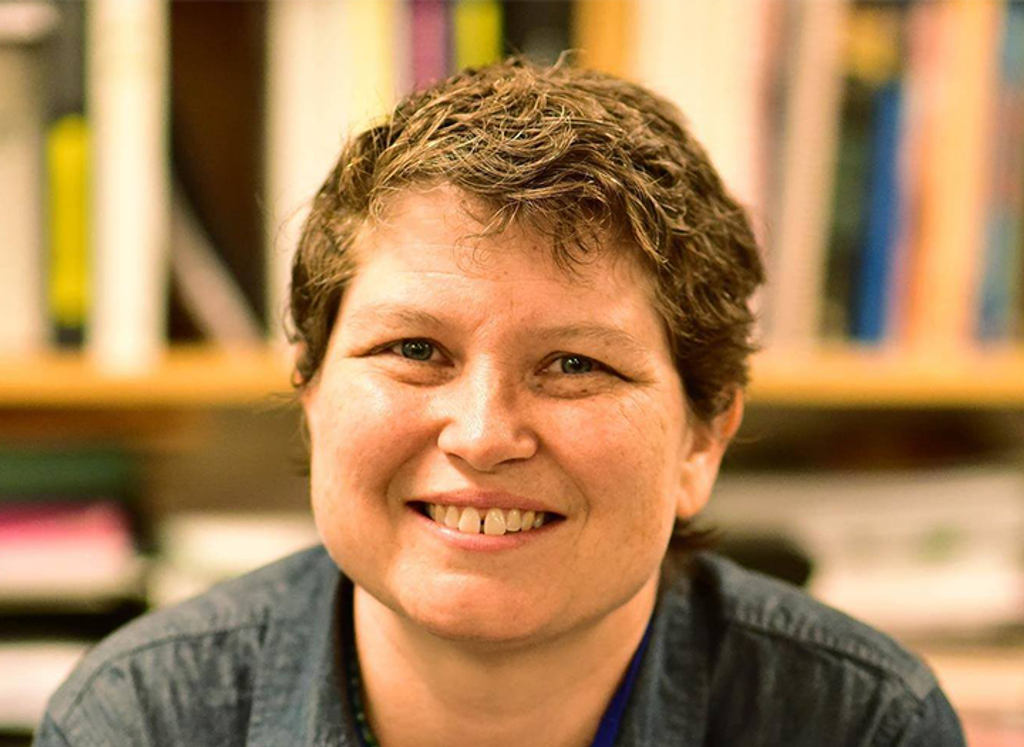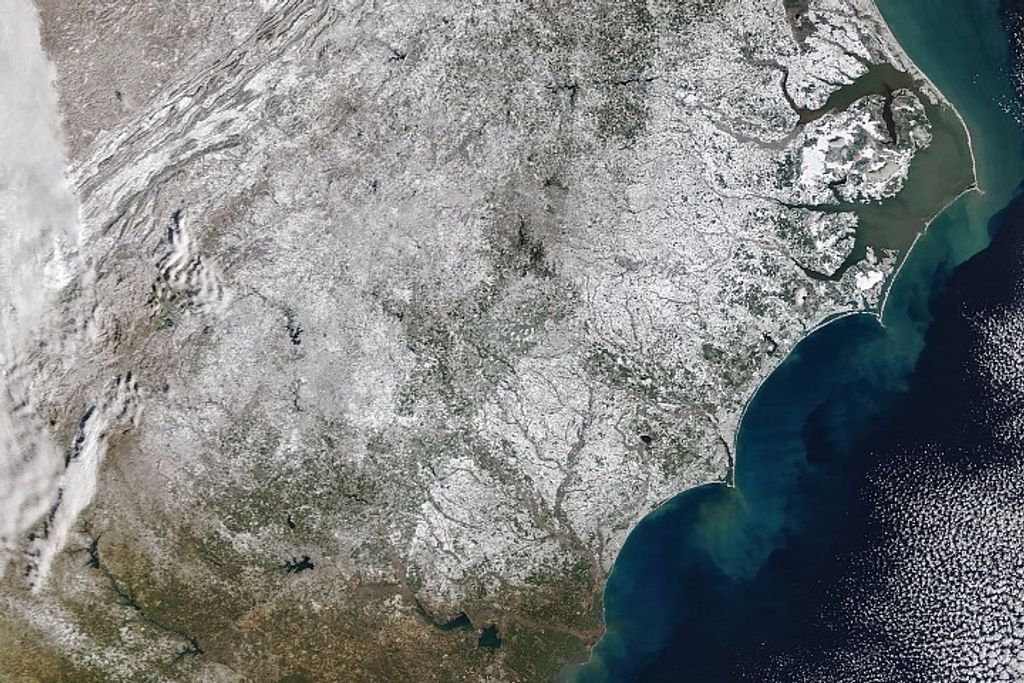
Dr. Richard Eckman
Atmospheric Composition Modeling and Analysis Program
< Back to Atmospheric Composition
The Atmospheric Composition Modeling and Analysis Program (ACMAP) addresses investigations of air quality and the oxidation efficiency in the troposphere; how pollution sourced aerosols impact cloud properties, stratospheric chemistry and ozone depletion, and interactions between atmospheric chemistry and the climate. Studies of long-term trends in atmospheric composition are also of interest, where the connection between cause and effect is elucidated using models. The program is particularly interested in studies that integrate observations from multiple instruments with models to address attribution and predictions. Use of satellite and suborbital data sets and ground-based measurements are encouraged for modeling constraints and verification where applicable.
Before running this program, Dr. Eckman was the Assistant Branch Head of the Chemistry and Dynamics branch at Langley, and during this time (2005-2008), he was also the Acting Program Manager for the Energy Management Element of the Applied Sciences Program at NASA HQ. Dr. Eckman received his B.A. in Physics and Astronomy, Cum Laude, from the University of Pennsylvania in 1980, his Ph.D. in Astrophysical, Planetary, and Atmospheric Sciences at the University of Colorado in 1985, and did post-doctoral research at the University of Cambridge until 1988 when he joined the Atmospheric Sciences Division at Langley.
In addition to his duties with ACMAP, Dr. Eckman is the Program Scientist for the Earth science instruments on the Deep Space Climate Observatory (DSCOVR) and the Stratospheric Aerosol and Gas Experiment (SAGE) III on the International Space Station. He is active on various teams and committees of the World Meteorological Organization (WMO). At present, he serves as co-chair of an expert team of the WMO Global Atmosphere Watch (GAW), which is reviewing observational requirements for atmospheric composition. He has served as co-chair of the Committee on Earth Observation Satellites (CEOS) Atmospheric Composition Virtual Constellation and remains active with that group. He is an Associate Editor of the COSPAR journal “Advances in Space Research.” Richard was the NASA representative on a federal government team that developed the US Global Change Research Program’s (USGCRP) Strategic Plan for 2022-2031. He is a member of the American Geophysical Union and the American Meteorological Society.
Phone: 202-358-2567
Email: richard.s.eckman


























